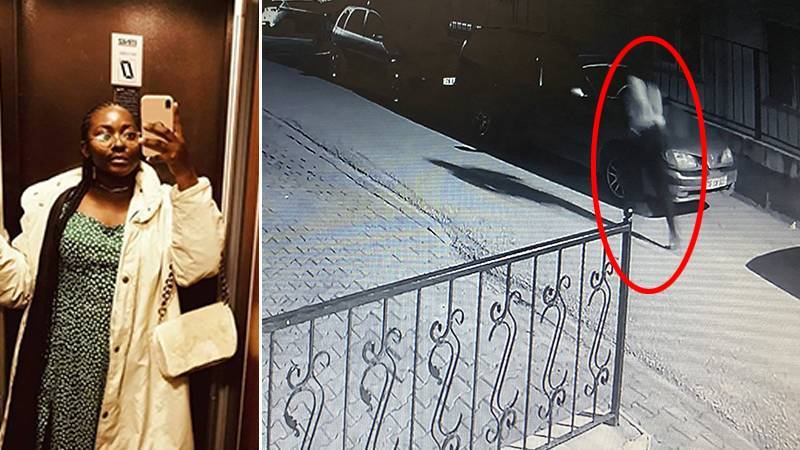Lawyers representing the family of Jeannah Dinabongho Ibouanga, a 17-year-old Gabonese student who was allegedly murdered in northwestern Turkey, said the incident was not being effectively investigated by the authorities, the Stockholm Center for Freedom reported.
The first hearing of the trial was held on Wednesday in the province of Karabük, where Ibouanga’s body was found in the Filyos River on March 26.
“There are deficiencies [in the indictment]. We want a crime scene investigation, which is essential to obtain material evidence,” said Oya Meriç Eyüboğlu, a lawyer for the family. “Instead of investigating, you have written urban legends.”
Prosecutors have indicted a man named Dursun Acar, seeking aggravated life for murder and another 15 years in prison on charges of sexual abuse.
Ibouanga is believed to have left Acar’s vehicle before she was seen in security camera footage running barefoot on the street. Ali Sencar Arslan, a reporter who shared the video, was briefly detained.
Acar has pled not guilty. He told the court that he was intercepted in his car by Ibouanga, who asked to be taken to a hospital because she was beaten up by some woman. He said there was blood on her face and her hands and that she got out of the car at a stoplight.
Acar also said he had afterward called a local police chief who was a friend of a relative.
Gülyeter Aktepe, another lawyer for the family, said the defendant’s statement had chronological contradictions and that they had reason to believe that the young woman wanted to leave the vehicle due to something he did.
Aktepe also pointed out that phone records show no record of Acar calling the police chief as he claims he did.
Ibouanga’s family had previously revealed voice messages she had sent to her mother in Gabon one day before her death. In these messages she talked about being mistreated in Karabük and said she could be killed at any time.
In April another lawyer hired by the family and the Gabonese Embassy in Ankara also complained of the authorities’ secretiveness and that he was barred access to the investigation.
